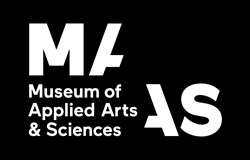When: Tuesday 13th November, 9:15am – 11:15am
Where: Theatrette, Level 2 behind the registration/foyer area
Hashtag: #T3
Alice E Williamson1, Chiara O’Reilly2, Tom Gordon3, Chiara Neto1
1School of Chemistry and Sydney Nano Institute, The University of Sydney
2Museum and Heritage Studies Program, The University of Sydney
3School of Physics, The University of Sydney alice.williamson@sydney.edu.au
Abstract
Science education is frequently singled out as a priority goal for Australia (Office of the Chief Scientist, 2014). To date, much of the focus has been on formal education – expanding capacity and strengths in schools and higher education to ensure that Australia is prepared for the future of employment and research (Tytler, 2009).
In recent years, science festivals and special public events focused on science have rapidly grown around the world (Bultitude, McDonald, and Custead, 2011). These events engage diverse audiences and seek to make science accessible (Council et al., 2009). They can play an important role in breaking down traditional resistance to topics by opening up discussions and expanding community awareness and supporting lifelong learning (McCallie, et al., n.d.)
This study seeks to explore the role of informal learning environments for science in Australia. Through the participation in, and surveying of science festivals and one-off science programming outside of traditional learning environments, we seek to better understand the ways that these events succeed or fail in engaging the community with science. By examining why people attend and what they gain we aim to explore the role that these events can play in shaping and developing contemporary attitudes to science.
In this paper we will share insights from the pilot stages of our project, findings from our surveys at three informal events and our future goals.
Session
Case studies: Cultural Institutions and Festivals
Presenter
Dr Alice Williamson, Lecturer in Chemical Education and Outreach, The University of Sydney
